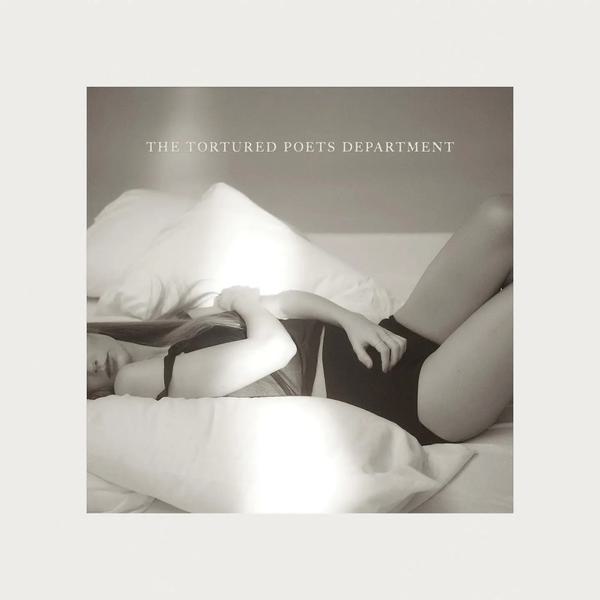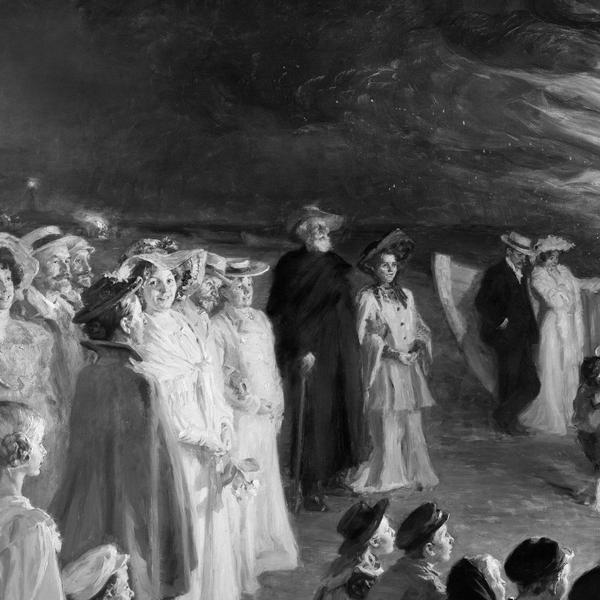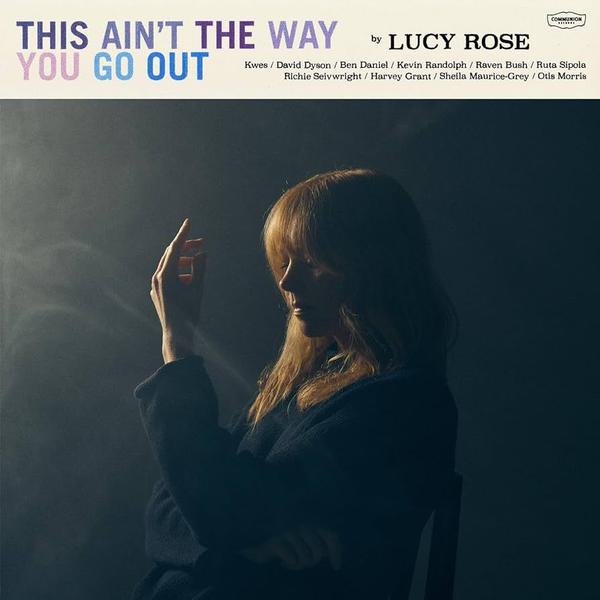
Death of The Music Mag
“The music industry is dead, what’s the point of going into a dying industry?” This was the sentence I received in response to a question I answered regarding my career choice. Inspired isn’t it. However the utterance of this acid tongued individual did cause me to resurrect concerns that I had once struggled with before as to the security and validity of embarking upon a career in journalism, specifically music.
In recent years the music industry’s landscape as a whole has found itself to be dramatically altered. The Internet being the prime cause for such an acute change, from illegal and free downloads to Internet communities such as myspace and blogging. All of these have played a vital role in what many see as the demise of the music industry, but perhaps they are mistaken, the music industry and is components are not dead they are evolving.
The Audit Bureau of Circulation (ABC) released their quarterly statistics in August of this year, detailing the circulation figures of various consumer print publications – the findings looked bleak for music titles. Weekly rock title Kerrang! suffered a 27.9% fall over the last year bringing the number of copies sold worldwide to 60, 290. This is quite a harsh decline when considering that in 2005 Kerrang! had risen by 24%, making it the world’s biggest selling rock music weekly.
Q Magazine, the UK’s best selling monthly music title had high figures of 158,271 in 2005. The report revealed that Q has been falling 13.1% year on year whilst the perhaps the biggest and most iconic player in music titles, NME has declined by 17.4% this year. So, the horizon looks pretty glum for the world of print, however what is more important than all of this is the traffic figures for NME.com. Since June 1st 2008 to June 30th 2008 the sites users grew by 747,00 bringing the total number of users up to 3, 501,326.
When asked about the internet being the culprit to such as decline in print publication figures our very own Rich Thane said: “Yeah definitely. People just don’t have patience anymore. Why wait a month for the next edition of Mojo or Q to come when you can hop on Google and have your favorite bands every move logged on their Myspace? Or some kids web-zine that he writes from his bedroom in Baltimore you know? Myself and a friend who both ran separate blogs started the Line Of Best Fit. We have very similar tastes, and more often than not would tend to write about the same kinds of stuff. So we decided to pool our resources and merge into one site.” This notion of patience and accessibility is exactly the reason why web based publications such as DiS, Pitchfork and TLOBF are flourishing. Their main strength being their contemporaneous nature, daily music news updates either on-site or sent directly to your inbox mean that by the time mags such as Q come to press they are virtually out of date.
NME looks more and more like Smash Hits with every issue and its circulation figures are falling as previously mentioned. Yet it remains relevant only due to its historical status. Its ability to propel a new act to stardom is still a strong belief amongst many in the industry. When asked about the relevance of NME today, Something in Construction record label founder and ex-A & R executive David Laurie said: “Having a Single Of The Week in NME will not sell you out a limited run of singles as once it would and a rave review does not sell out a tour so it is not as relevant as it was 15 years ago, however it is still super important as an industry tastemaker and a gateway to more press coverage, getting your band away.” However the Internet is slowly but surly proving to be all the more superior with the exposure of new music. When MySpace was born in 2003 it launched the careers of many acts such as Lily Allen, just by being a free platform for artists to advertise themselves to potential consumers. Of course the internet has come on leaps and bounds since then, the blogosphere is ever increasing and many of you lovely readers I am sure have blogs of your own or trusted blogs you read on a regular basis.
The role of the journalist as a gatekeeper or middleman relay between the artist and the consumer is almost redundant. As Laurie says “Word-of-mouth is still easily the best way for a label to sell an album and the only thing you can’t buy. Getting print press no longer seems to sell an album – not in isolation. And first adopters, music geeks now have an infinite number of knowledgeable “friends”, whose unbiased opinions are freely available in the blogosphere,
So why go into music journalism? If print is dying such a slow and painful death and the listeners can acquire the same if not better music knowledge than a journo on the net, what’s the point? My response – Oh I don’t know, free cds?
Get the Best Fit take on the week in music direct to your inbox every Friday

Taylor Swift
The Tortured Poets Department

Chanel Beads
Your Day Will Come

Lucy Rose
This Ain't The Way You Go Out





